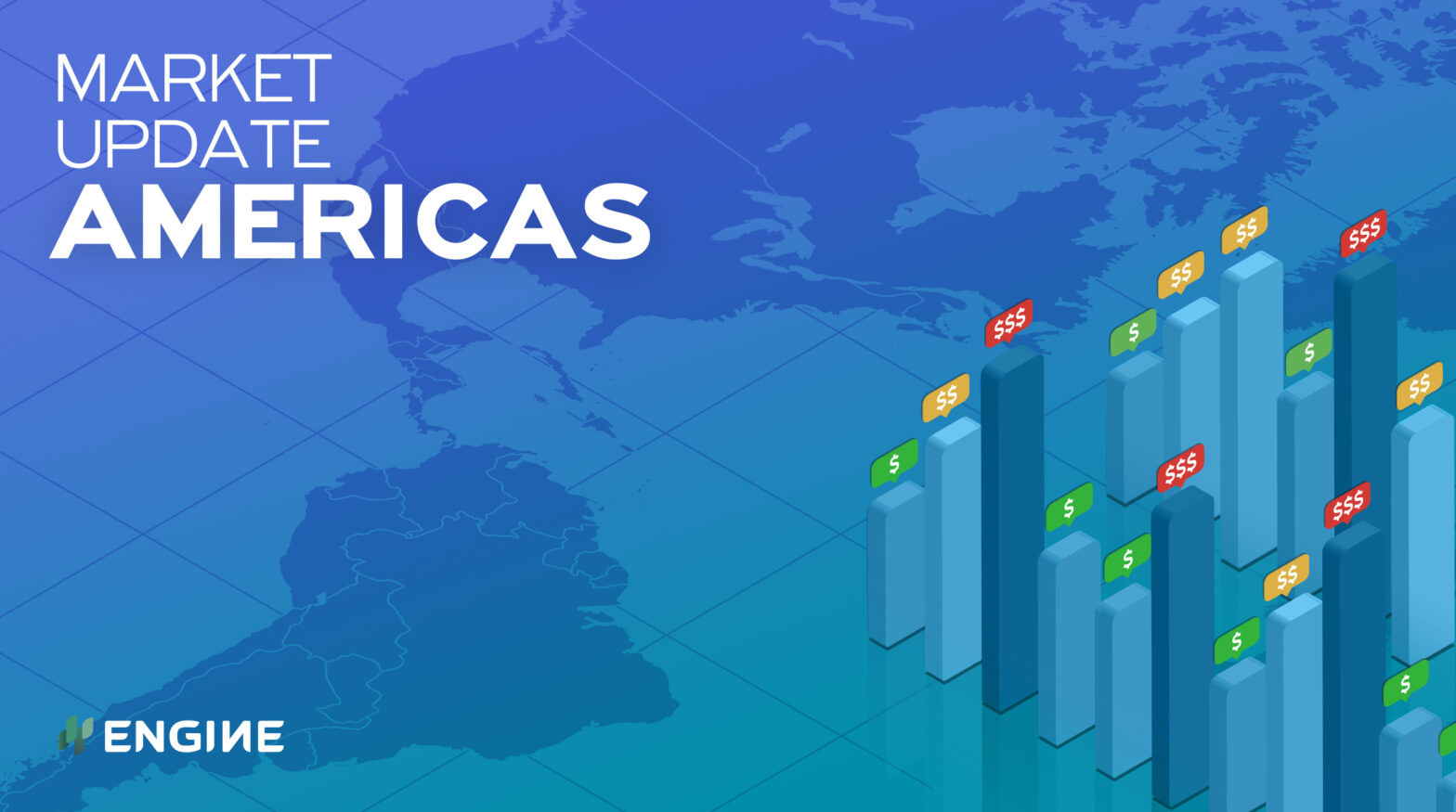Bunker prices have come down from multi-month highs in the Americas, and Vancouver’s prices have risen against other ports along the North American coast.
Changes on the day to 09.30 CST (14.30 GMT) today:
- VLSFO prices down in Houston and Zona Comun ($12/mt), Balboa ($11/mt), New York and Los Angeles ($10/mt)
- LSMGO prices up in Zona Comun ($3/mt), and down in New York and Balboa ($16/mt), Los Angeles ($14/mt) and Houston ($5/mt)
- HSFO380 prices down in Houston, New York, Los Angeles and Balboa ($9/mt)
The US West Coast ports remains massively congested. Over 60 container ships are waiting to enter the twin ports of Los Angeles and Long Beach. An unprecedented influx of container imports has swamped the ports way beyond their handling capacity. But bunker barge loadings and deliveries have largely been unaffected, and fuel availability is fine.
Vancouver’s VLSFO and LSMGO prices have gained against those in ports further down on the North American coast this week. Its VLSFO price has swung to a $15/mt premium over Los Angeles. The story is similar for LSMGO, which has risen to a slight $3/mt premium over Los Angeles.
Brent
Front-month ICE Brent crude has shed $1.46/bbl in the past day, putting an end to a big rally this week. The futures contract stood at $81.47/bbl at 09.30 CST (14.30 GMT).
Brent has gradually traded lower throughout the day, and did not receive any support from US oil inventory reports this week.
Yesterday’s report from the American Petroleum Institute (API) showed a near 1 million-bbl build in US crude oil stocks in the week to 1 October. Gasoline and distillate stocks also gained weight over the week, in a sign of less robust demand.
The official US Energy Information Administration’s (EIA) followed today with figures showing import-led builds for crude and gasoline over that week, and a slight draw for distillates:
- Crude stocks up by 2.35 million bbls to 420.89 million bbls
- Gasoline stocks up by 3.26 million bbls to 225.07 million bbls
- Distillate stocks down by 396,000 bbls to 129.33 million bbls
Crude stocks rose largely because of higher net imports, and even as more crude was fed into refineries.
Higher imports and lower production helped build gasoline stock levels.
Distillate imports were steady, and stocks were drawn amid rising production.
Brent dipped further after the EIA report came out at 14.30 GMT today, and traded around $2/bbl lower than the three-year highs of over $83/bbl it hit earlier in the day.
OPEC+ supply restraint pushed Brent to fresh highs. The group decided this week to maintain its 400,000 b/d monthly output increases for November, despite calls from the US and India to pump more to keep a lid on prices.
Iraqi oil minister Ihsan Abdul Jabbar said a Brent price of $100/bbl is unsustainable during a TV interview on Sunday. Today he told the Energy Intelligence Forum, reported by Reuters, that a price between $75-80/bbl is fair to both consumers and producers.
